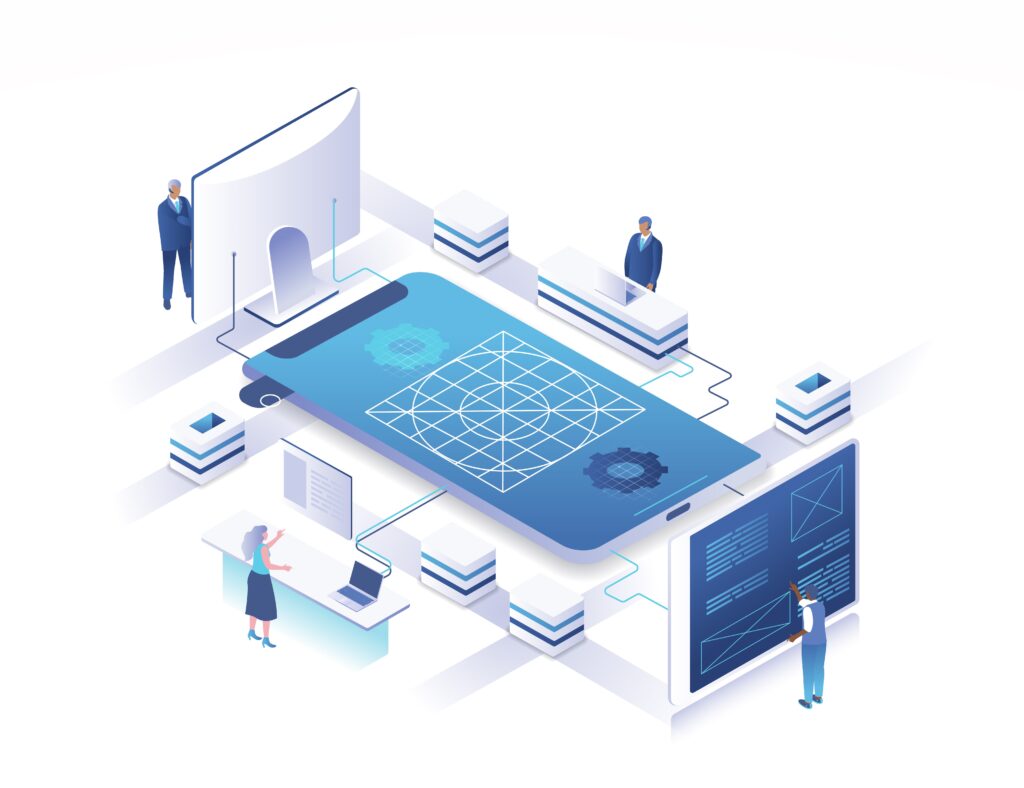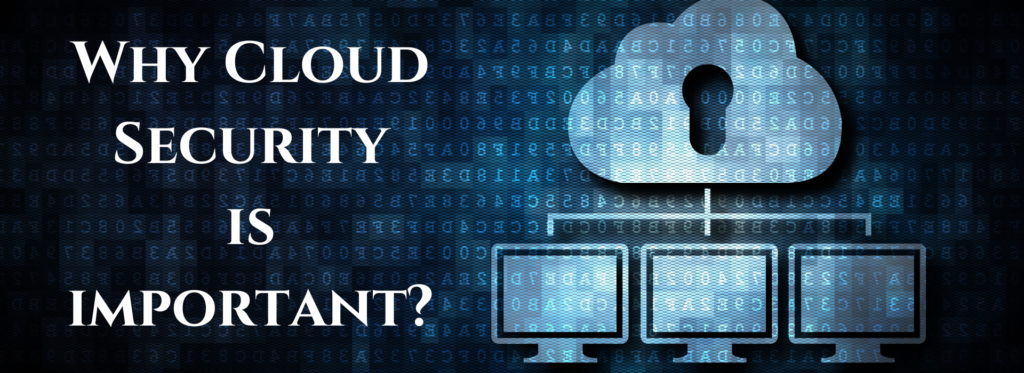Cloud security may seem like an impediment to adopting cloud technology; however, in truth it does not offer more or less protection than traditional security solutions. Cloud computing security provides many benefits to businesses which can boost overall protection for your organization.
Top cloud providers provide infrastructure that is built with security in mind, offering multiple layers of layered protection built directly into their platform and services ranging from zero-trust networks and access and identity management, multi-factor authentication encryption and constant monitoring and logging to zero trust networks and zero trust networks for increased protection. Cloud services allow users to optimize and handle security at the highest level.
Other common cloud security benefits include:
Greater visibility =It is clear that only the coherent security stack based on the cloud model can offer the unified view of the resources and data situated in the cloud environment, which is critical for protection against breaches and potential threats. Cloud security can offer the necessary instruments, methods, and approaches to log and monitor events and understand what is going on in the clouds.
Centralized security= Cloud security enables you to aggregate several protection of cloud networks to enable single and constant inspection and monitoring of a myriad of devices, ends, and systems. It also allows you to perform the controls of updates for software and policies from one center, and in addition to setting up disaster and recovery solutions.
Reduced costs =One of the advantages with cloud security is that it does not require one to invest in dedicated hardware to improve security or use important resources in tackling matters relating to security improvements and configurations. There are numerous security solutions offered by CSPs with many of them employing security solutions that do not require much intervention from human beings.
Data protection = The best cloud computing providers will provide data security by design, offering strong access controls, encryption for data at rest and in transit, and data loss prevention (DLP) to secure your cloud data wherever it’s located or managed.
Cloud compliance = Cloud providers go to great lengths to comply with both international and industry compliance standards, often undergoing rigorous independent verifications of their security, privacy, and compliance controls.


 Tally on Cloud simplifies accounting, accessible anytime and anywhere, enhancing flexibility and convenience for users.Choose a secure backup solution with strong encryption, flexibility in scheduling, and easy data restoration.
Tally on Cloud simplifies accounting, accessible anytime and anywhere, enhancing flexibility and convenience for users.Choose a secure backup solution with strong encryption, flexibility in scheduling, and easy data restoration.



